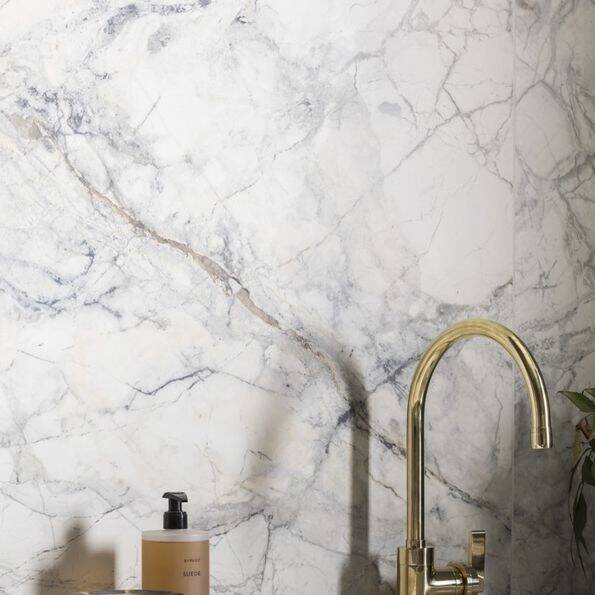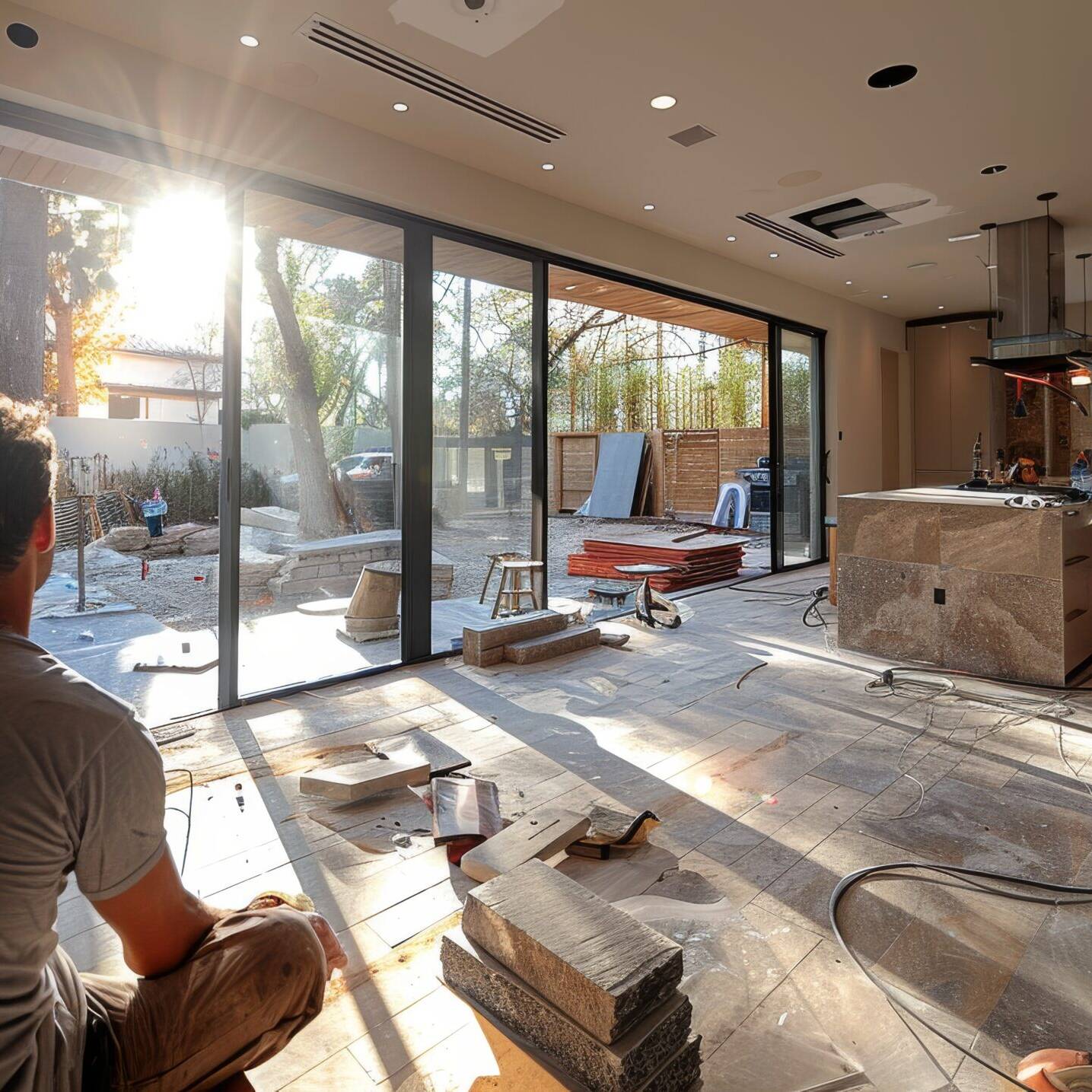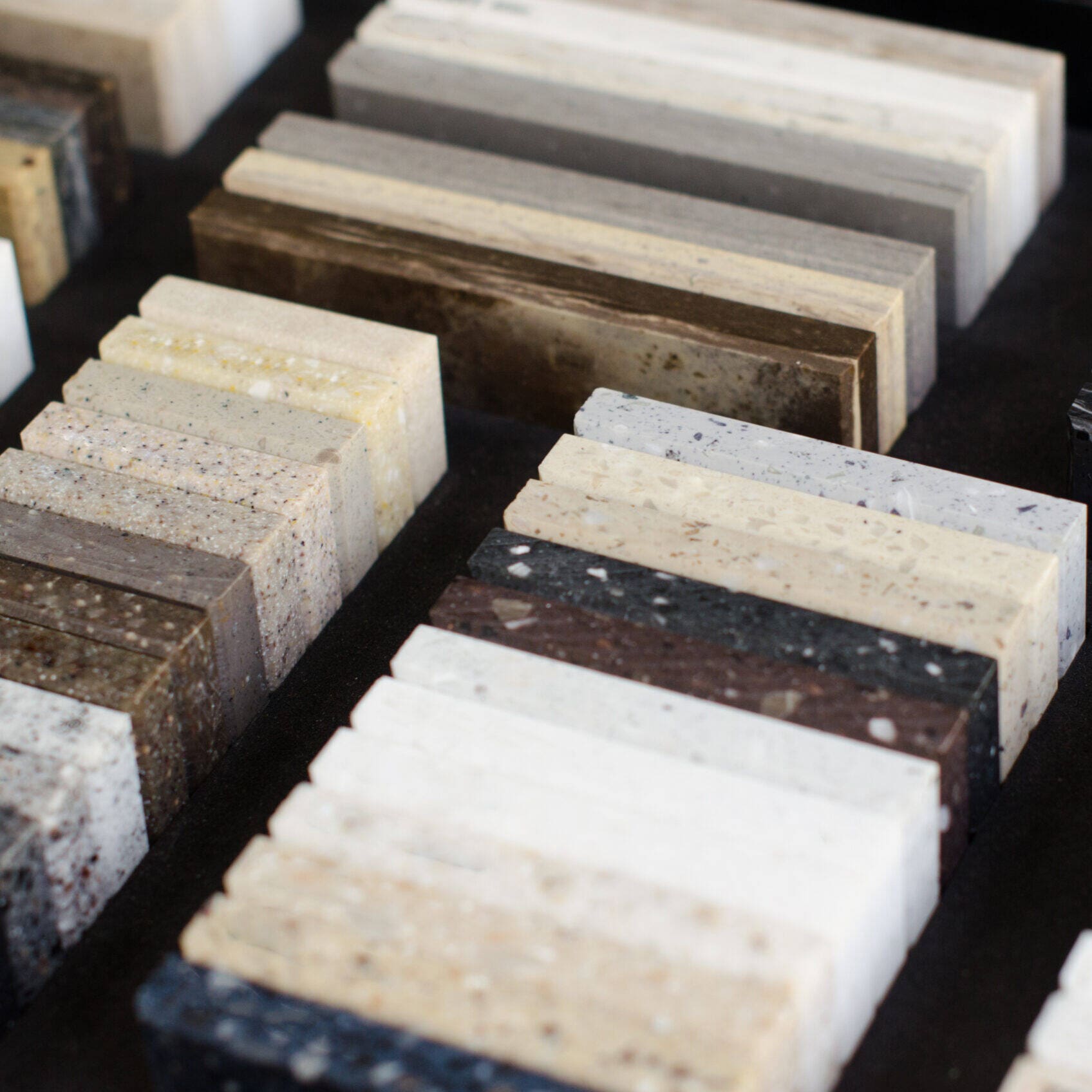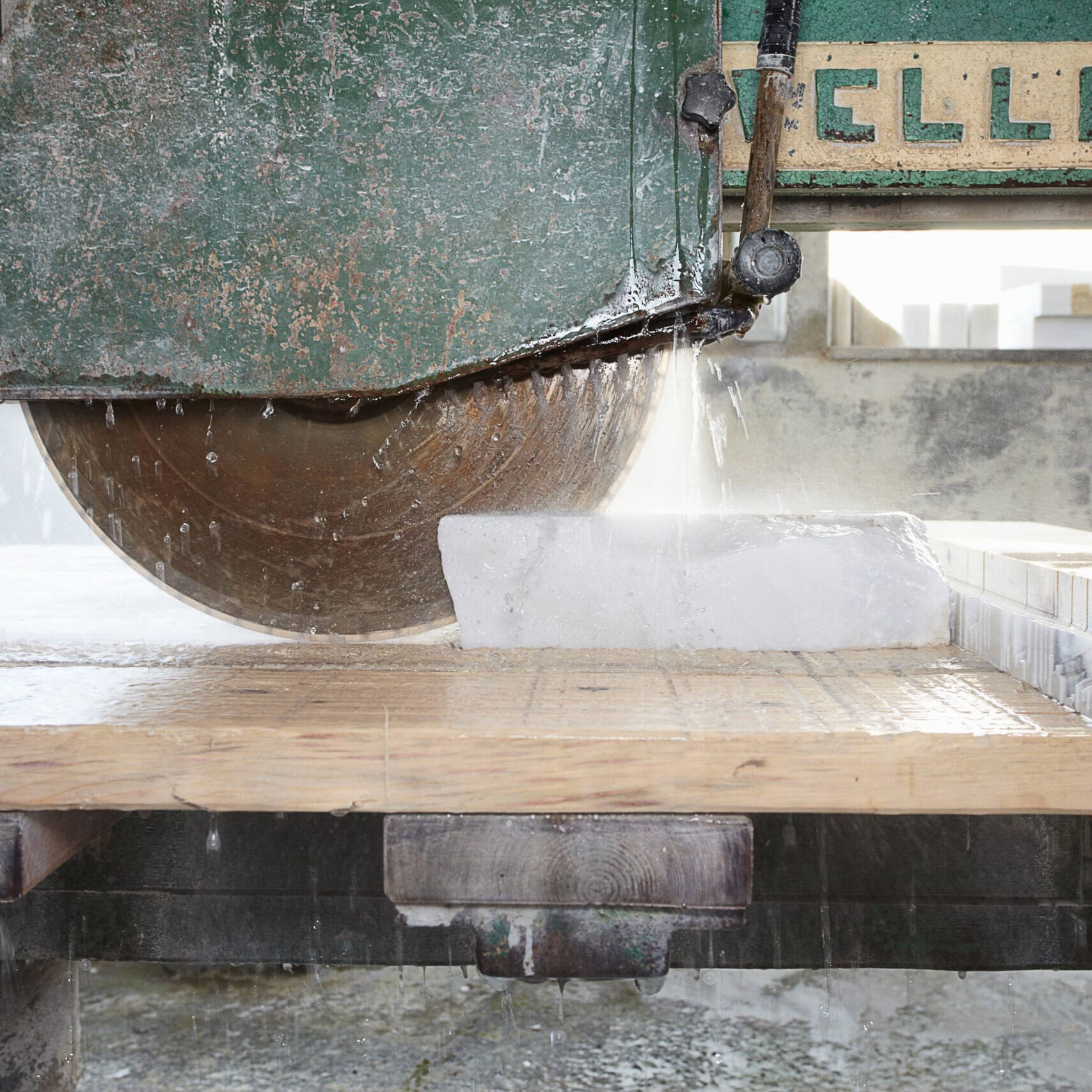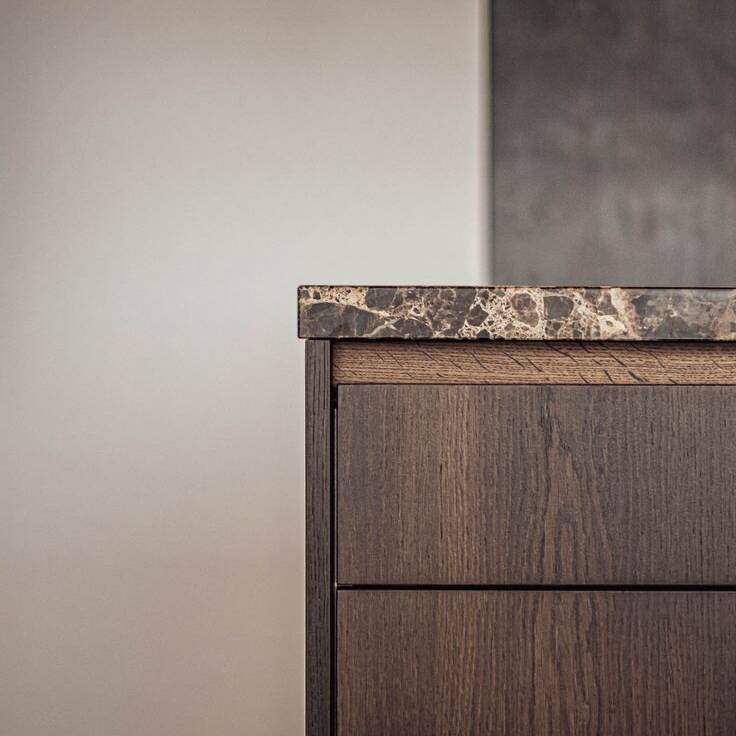
Stone benchtops and splashbacks add a touch of elegance, durability, and practicality to any kitchen, but keeping them in top condition requires the right care. Different types of stone—engineered stone, granite, and marble—each have their own characteristics and maintenance needs.
Engineered stone is non-porous and highly resistant to stains, making it a low-maintenance choice. Granite, known for its strength and heat resistance, needs regular sealing to protect against moisture and stains. Marble, with its classic and luxurious appeal, is more delicate and can be prone to etching from acidic spills, requiring a little extra attention.
The finish of your stone—whether polished for a glossy look, honed for a matte feel, or textured for a natural appearance—also plays a role in how it should be cared for. By understanding the unique qualities of your stone and following the right maintenance routine, you can keep your benchtop looking beautiful for years to come.
See below for the correct way to care for engineered stone, granite, and marble.
Upkeep
Engineered stone is a non-porous, highly durable surface made from natural quartz and resins. It is stain-resistant, low-maintenance, and available in a range of colours and finishes.
Cleaning & Maintenance
- Simply clean with warm soapy water or a mild detergent.
- Good-quality spray and wipe products are safe to use.
- Avoid harsh chemicals, acidic cleaners, and abrasive scrubbing pads.
- Stubborn marks can be removed using a soft cloth and an approved stone cleaner.
Heat Resistance
- Engineered stone is resistant to moderate heat, but prolonged exposure to high temperatures can cause discolouration or cracking.
- Always use a heat pad or trivet to protect the surface.
Granite is a natural stone formed over millions of years. Its durability and unique patterns make it a popular choice for benchtops.
Cleaning & Maintenance
- Wipe regularly with warm soapy water or a gentle spray and wipe product.
- Avoid abrasive cleaners or scrubbing pads, as they can dull the finish.
- As granite is naturally porous, sealing is required to prevent staining.
Sealing Your Granite Benchtop
- Your benchtop has been sealed upon installation, lasting up to 5 years.
- Signs that resealing is needed include watermarks that darken the stone.
- To reseal, apply a stone sealer with a soft cloth and buff dry.
Heat Resistance
- Granite is heat-resistant but can still suffer thermal shock from direct contact with high temperatures.
- Always use heat pads or trivets to protect the surface.
Marble is a luxurious natural stone known for its timeless appeal. However, it is softer and more porous than granite, requiring extra care.
Cleaning & Maintenance
- Clean daily with warm soapy water and a soft cloth.
- Avoid acidic cleaners, as marble is sensitive to substances like vinegar and citrus juice.
- Do not let spills sit—wipe them up immediately to prevent etching.
Sealing Your Marble Benchtop
- Your marble benchtop has been sealed upon installation, typically lasting between 6 months and 3 years.
- If watermarks appear after spills, it may be time to reseal.
- Sealing is a simple process—apply a stone sealer with a cloth and buff dry.
Heat Resistance & General Care
- Marble is heat-resistant but can suffer thermal shock—always use a trivet.
- Marble is more prone to chipping than granite, so avoid impact from heavy objects.
- Do not sit or stand on the benchtop to prevent cracks or fractures.
Acrylic benchtops offer a seamless, non-porous surface that is durable and easy to maintain. With proper care, they will retain their beauty for years.
Cleaning & Maintenance
- Clean daily with warm soapy water and a soft cloth.
- Use a mild, non-abrasive cleaner to remove stubborn marks.
- Avoid harsh chemicals like bleach or acetone, which can damage the surface.
- For minor scratches, buff gently with a soft sponge and a mild abrasive cleaner.
Preventing Damage
- Always use a cutting board—direct cutting can scratch the surface.
- While acrylic is heat-resistant, it is not heatproof—use trivets for hot pots and pans.
- Avoid dragging heavy or sharp objects across the surface to prevent scratches.
Repair & Maintenance
- Light scratches and marks can often be buffed out using a fine abrasive pad and a polishing compound.
- Deeper scratches or damage may require professional refinishing.
- Acrylic benchtops do not require sealing, making them low-maintenance and hygienic.
- Clean regularly with a soft cloth and mild detergent.
- Wipe up spills immediately to prevent staining.
- Avoid harsh chemicals, acids, and abrasive cleaners.
- Use trivets and heat pads to prevent heat damage.
- Reseal porous stones (granite and marble) as needed.
Need essential documents for your project? Download our warranty, care, and installation guides here.
• StoneCo Warranty Document – Click Here
• Care & Maintenance Guide – Click Here
• Installation Guidelines – Click Here
• Material Specifications Sheet – Click Here
• Commercial Compliance & Certification – Click Here



